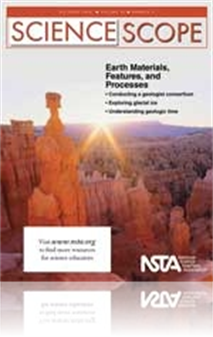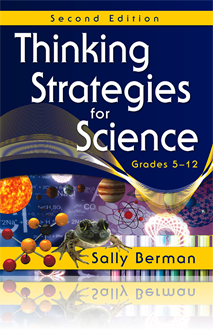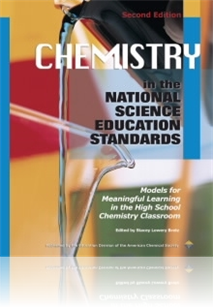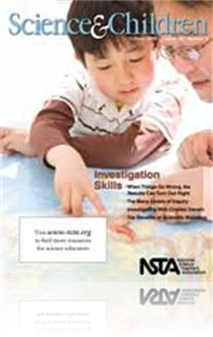All Resources
Journal Article
Science Sampler: Glacial ice action
Current news reports discuss the loss of glacial ice in the Antarctic and Greenland as examples of the effects of global warming. But what are glaciers and how do they work? An understanding of the process that causes ice to melt is important in unde...
Acquired Book
Thinking Strategies for Science Grades 5-12
This inspiring look at teaching science presents a specific and creative approach designed to cultivate and strengthen students' critical thinking skills. The author provides interactive techniques and a variety of activities that involve student ref...
Acquired Book
Chemistry In The National Science Education Standards, Second Edition
Chemistry in the National Science Education Standards, Second Edition, provides models for meaningful learning in the high school chemistry classroom. This valuable resource addresses the science education standards specified by the National Research...
Journal Article
Science 101: Why are there so many different models of light?
Is light a ray, a wave, or a particle? Yes, yes, and yes. An article in this issue (“The Benefits of Scientific Modeling,” p. 40) discusses the process of scientific modeling, and light is a great example of how modeling works. There are three vi...
Journal Article
Real-Time Ocean Data in the Classroom
To apply students’ savvy internet skills in the science classroom—as well as capture their interest in science and investigation, and provide opportunities for authentic research—introduce them to real-time data from ocean-observing systems. St...
Journal Article
Scope on the Skies: No place like home
At a distance of 50.1 light years, the star 51 Pegasi represents an interesting milestone. When viewed today, the light you see from this star left the same year that President Eisenhower signed the National Aeronautics and Space Act (July 29, 1958)....
Journal Article
Every Day Science—October 2008
This monthly feature contains facts and challenges for the science explorer. ...
Journal Article
Methods and Strategies: The Crucial Role of the Teacher
In the Perspectives column of this issue, Meredith Park Rogers and Sandra Abel address the importance of teacher questions on student thinking. With school improvement efforts often focused on the curriculum, standards, outcomes, and student work, i...







